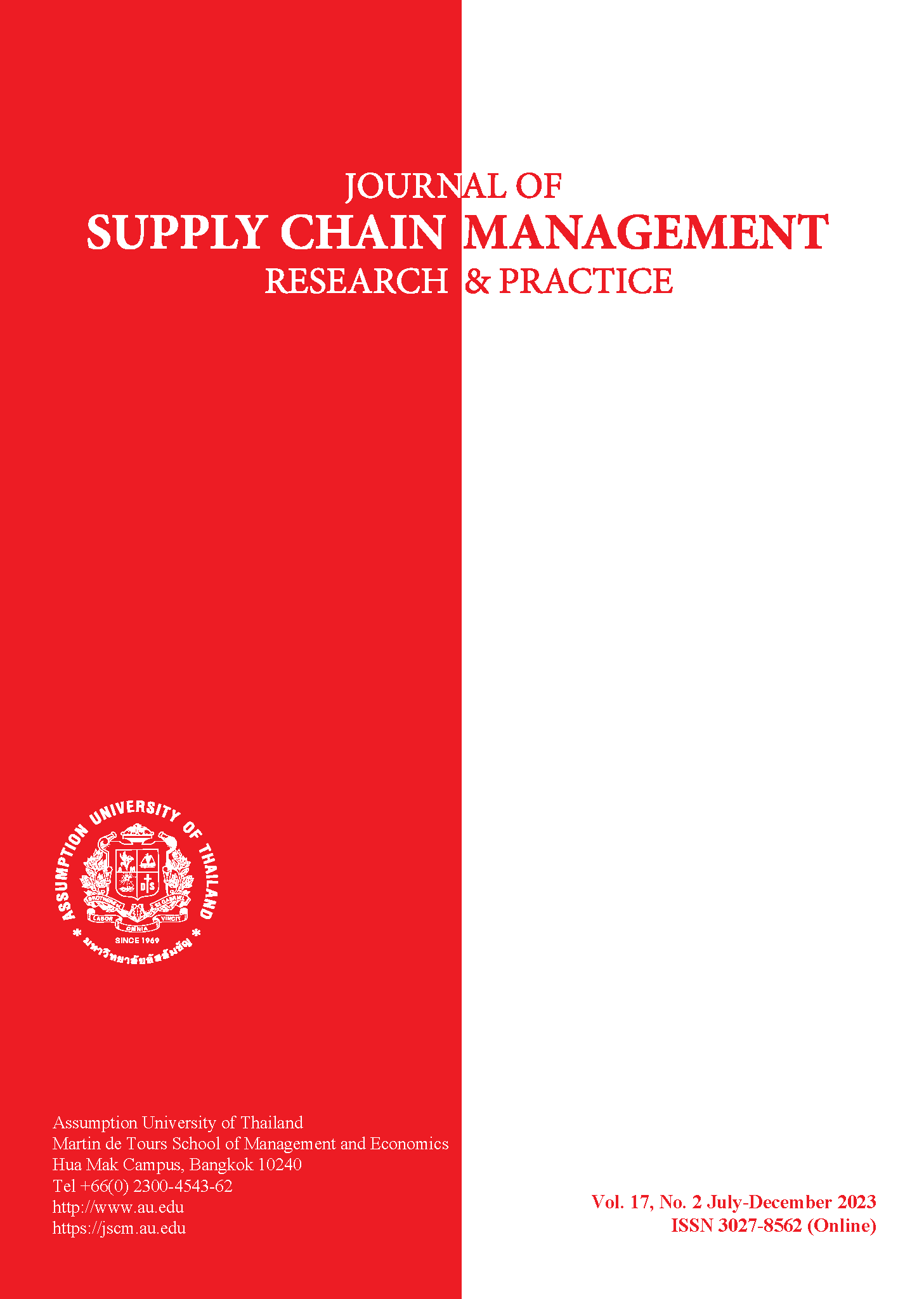THE EFFECT OF APPLYING LEAN SIX SIGMA (LSS) ON WAREHOUSE WASTE LEVEL A CASE STUDY ON I.V.L DHUNSERI POLYESTER COMPANY S.A.E
Keywords:
Lean six sigma (LSS), warehouses management, waste management, I.V.L Dhunseri Polyester Company S.A.E, PET (Polyethylene Terephthalate) industryAbstract
Lean six sigma (LSS) has been widely acknowledged throughout the last decade in the Industrial affaires. The research is conducted to understand the LSS application effect on the waste level reduction in the PET (Polyethylene Terephthalate) industry. The purpose of the study that will be used is to understand the effectiveness of Lean Six Sigma (LSS). The research paper encompasses both descriptive and empirical approaches. The application of this research only took into consideration the PET (Polyethylene Terephthalate) industry. Surveying dataset was the main source of the primary data in addition to the secondary data which was collected and obtained from I.V.L Dhunseri Polyester Company S.A.E as well. The data set consisted of 366 observations of time series data points for waste levels. The methodology used was exploratory factor analysis to reduce dimensions followed by the confirmatory factor analysis (CFA), structural equation modelling (SEM) and time series analysis combined with dummy ARIMA model. The descriptive analysis was via pie charts and computing the mean and standard deviation for Likert scaled statements. Also, for deeper insights the pareto analysis was used. It was noticed that there are problems that arise during the supply chain processes. One among the most reported problems are the unnecessary costs and the defects presence due to wastes and pushes a greater motive for companies like I.V.L Dhunseri Polyester Company S.A.E to consider LSS. The research realizes that there is a drastic increment throughout the efficiency and profit effectiveness. Due to large sample size the T paired test shall be used. In general, the waste level was different from before and after application of LSS. It was also found that, all the statements were reliable and valid when confirmatory factor analysis was applied. After modelling, a significant relationship between the application of LSS five processes and the level of waste reduction were found. A dummy ARIMA (1,1,2) was a good fit for data. The application of LSS was found out to have a significant negative effect on the waste level.


